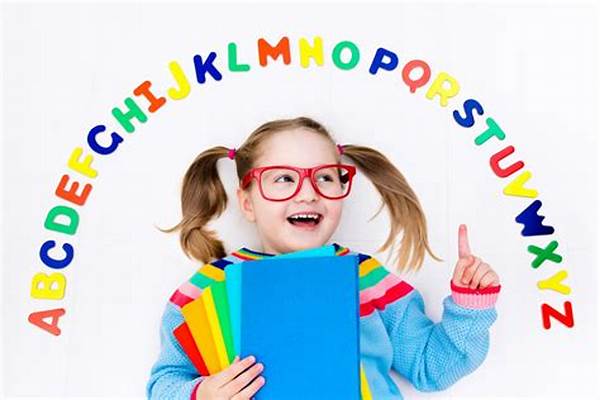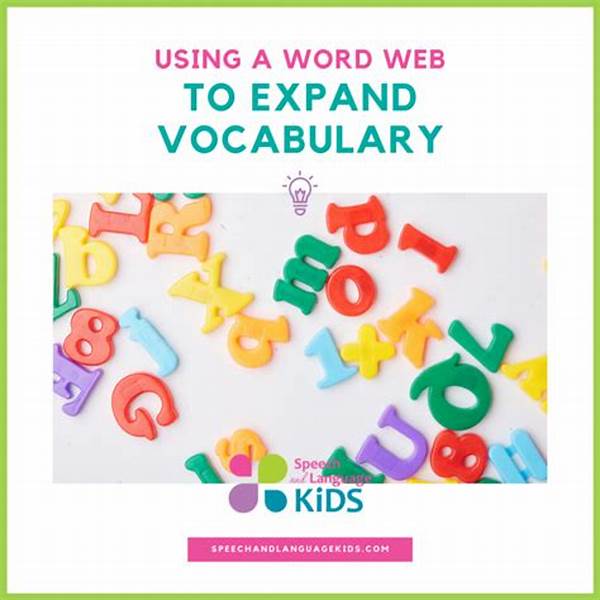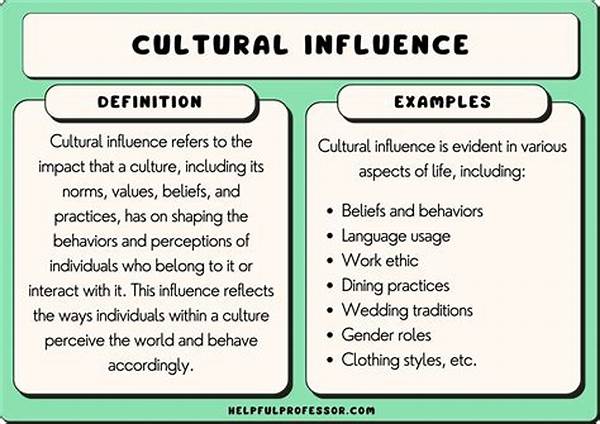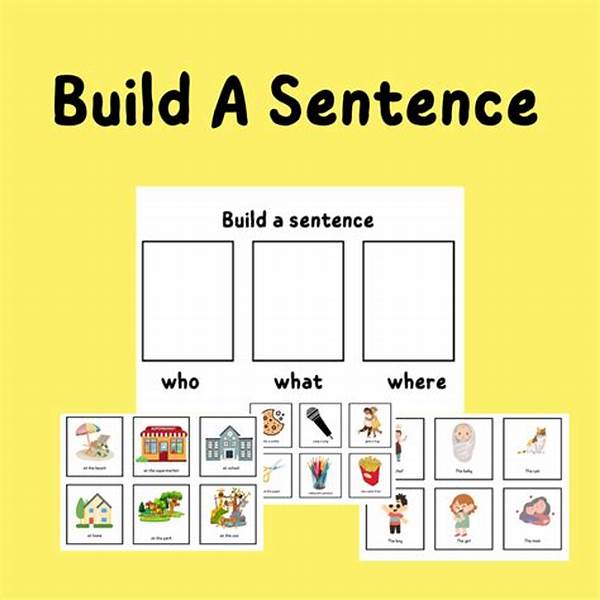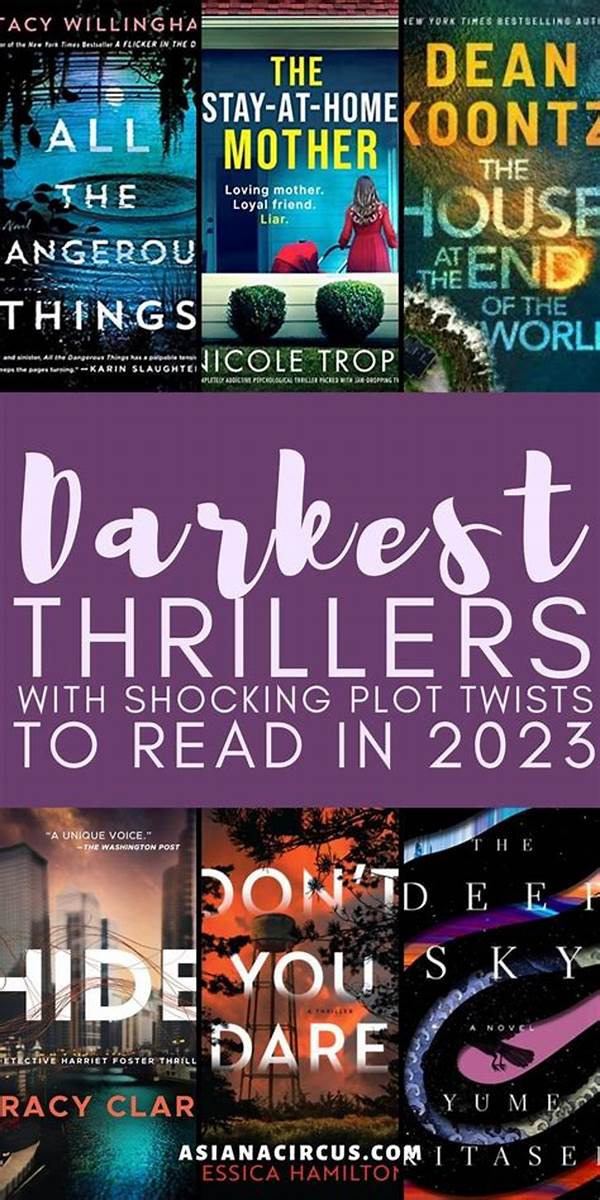Once upon a time, in a cozy little town, there was a curious toddler named Mia. Mia was not an ordinary child; she was on a quest, a quest to explore the magical world of words. Every morning, as the sun kissed the horizon, Mia would babble and mumble, trying to mimic the sounds her parents and siblings made. Her journey into the realm of language development in early childhood was nothing short of a thrilling adventure.
Read Now : 2023 Popular Book Titles
The Magic of Words: Early Steps
Language development in early childhood is like a rollercoaster ride. It starts slow, with babies cooing and gurgling, but soon enough, they’re off on a whirlwind tour of babble town. Mia, our little adventurer, found herself fascinated by the way her family communicated. She would attentively watch their lips move, trying to catch the dance of words. The first time she uttered “mama,” it was as if she had discovered a new star in her universe. Those early words, simple and sweet, were the stepping stones of her linguistic journey.
As Mia’s vocabulary started to grow, so did her understanding of the world. You see, language development in early childhood isn’t just about speaking; it’s about connecting. It’s the thrilling realization that “doggy” means the wagging tail furball in the yard or that “juice” represents her favorite drink. And let’s be real, that’s some deep stuff for a toddler! As Mia continued to explore this vibrant new world of communication, each new word was like a piece of treasure added to her growing collection.
Around her third birthday, Mia hit the chatterbox stage. Her days were filled with endless questions and observations. From pointing out “blue sky” to asking “why is the moon following us?” during family car rides, she kept her parents on their toes. Language development in early childhood is a wild ride, full of giggles, surprises, and countless “whys.” It’s a magical phase where every word learned is a stepping stone to the larger universe of knowledge.
Unlocking the Power of Toddler Gab
1. Toddlers and their babble, am I right? Language development in early childhood is all about those cute mispronunciations and funny phrases. It’s a wild ride filled with giggles and endless “woah, what did they just say?”
2. Yo, what’s up with these tiny humans and their vocab explosion around age two? They go from saying “uh-oh” to pretty much narrating everything they see. That’s language development in early childhood for ya!
3. Seriously, you ever heard a toddler try to say spaghetti? Language development in early childhood is like a comedy show on repeat. The words might be jumbled, but the effort is pure gold.
4. So, when those kiddos start stringing words into sentences, it’s like witnessing magic happen. Language development in early childhood transforms little ones into mini storytellers in no time.
5. Can we talk about those adorable toddler conversations? Language development in early childhood is all about that nonstop chatter—sometimes it makes sense, sometimes it’s just plain hilarious.
The Chatterbox Chronicles
Picture this: your living room transformed into a bustling train station of words and curiosity. That’s the vibe when language development in early childhood takes off. It’s not just any regular Monday; it’s the unofficial “why” day. Mia, now the resident chatterbox, has something to say about everything. Everything, dude.
With her ever-expanding vocabulary, Mia doesn’t just describe the world around her; she interacts with it. When she plays, her dolls have full-on soap operas, complete with drama and resolutions. During mealtime, every food item on her plate gets a full critique, like a tiny Gordon Ramsay. Language development in early childhood doesn’t just build words; it builds personalities. Mia’s words are like brushstrokes painting the vivid canvas of her childhood.
The Secret Sauce: Encouraging Linguistic Growth
1. Chill with the pressuring vibes; let kids explore at their own pace. Language development in early childhood doesn’t need a deadline. Relax, and let those little minds soar.
2. Be the role model! Use clear and simple words. Seriously, rock that vocab and watch them mimic your fab dialogue.
3. Get into lit adventures! Read books, sing songs—anything that engages their world. It’s literacy magic, folks.
4. Create conversing moments, even in mundane tasks. Bath time? Let them describe their toy duck’s epic voyage.
5. Sprinkle questions like “How was your day?” at dinner. It’s like opening a convo treasure chest.
Read Now : Twisting Narratives In Cold Settings
6. Use gestures and expressions to jazz up interactions. It’s not just about the words; it’s about the vibe.
7. Be patient and embrace those hilarious mispronunciations. Language development in early childhood is a ride filled with laugh-out-loud moments.
8. Encourage storytelling. Let them narrate their day—it’s mini-podcast time with your toddler.
9. Mix play with learning. Games like “Simon Says” or “Follow the Leader” do wonders.
10. Celebrate progress. Every new word is an achievement, worthy of a mini-party.
Peek into the World of Tiny Wordsmiths
Imagine a little world where everything is new and shiny, and language development in early childhood is the map to explore this magic. That’s the universe toddlers live in! From the first gurgle to those never-ending streams of “whys,” their word adventure is like opening a box of mysteries every single day. Mia is there, knee-deep in this wordy quest, picking up phrases like seashells on the beach.
As she prattles on, narrating her day or creating fantastical tales while playing with her toys, language development in early childhood transforms playtime into learning time. Conversations become the playgrounds where imagination meets reality. Each interaction shapes their perception, binding words and meanings into a colorful tapestry of understanding. Mia, with her vivid, albeit sometimes chaotic stories, isn’t just talking; she’s building bridges to connect with her family and express her vibrant world.
Through this ongoing wondrous journey, Mia learns that words have power—power to express joy, share empathy, and sometimes even to revolutionalize her bedtime stories. It becomes clear that language development in early childhood isn’t just about articulating thoughts; it’s about crafting a narrative that only they can tell. It’s their story, and it’s a beautiful one.
The Building Blocks of Language Growth
In the cozy corners of family homes, toddlers like Mia write their first chapters through language. Language development in early childhood isn’t merely about stringing words together; it’s the foundation upon which their world stands. Every mispronounced word or incomprehensible babble adds a unique layer to their comprehension, framing their perceptions and nurturing their intellect.
Amid daily adventures, like mimicking mommy’s phrases during pretend tea parties or narrating scenarios with action figures, language naturally evolves. Undoubtedly, the pursuit of words during early childhood is a testament to human resilience and the budding capability to comprehend complexities.
Wrap-Up: The Lingua Adventure
Language development in early childhood is indeed a magical voyage. It’s where words like “cat” and “juice” morph into full-fledged sentences and stories. Think about it: Kids start with just sounds and, suddenly, they’re conversing about everything under the sun. Each word they grasp is a ticket into a bigger, richer world.
It’s not just about the vocabulary; it’s about the confidence they build. As toddlers like Mia gather their words, they learn to share their thoughts, dreams, and even fears. And that’s the beauty of it all. Language development in early childhood is less about perfect grammar and more about empowerment—turning language into a tool that enriches their journey, one word at a time.
